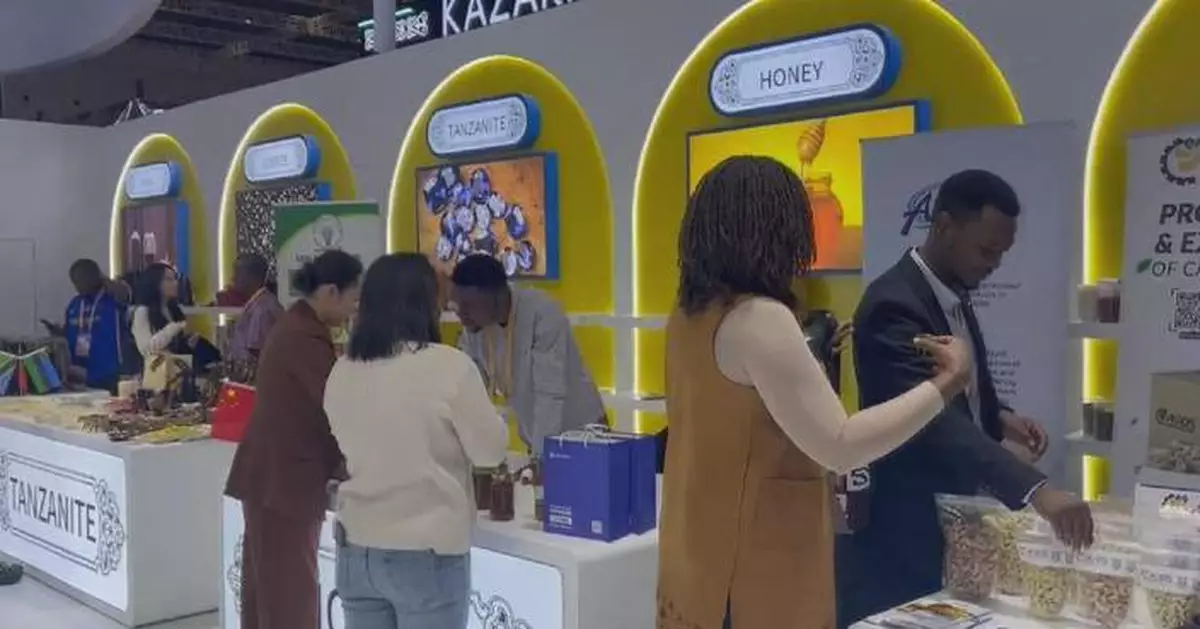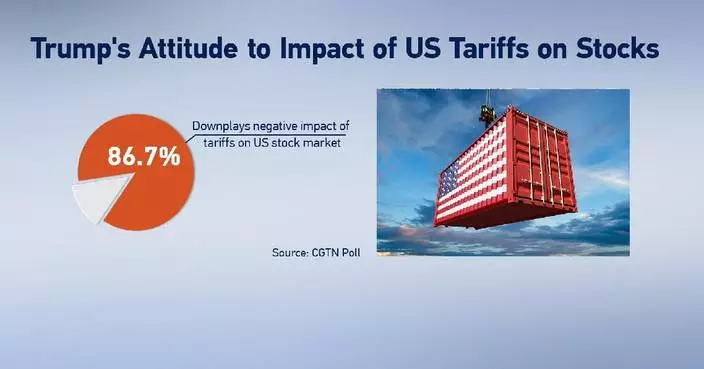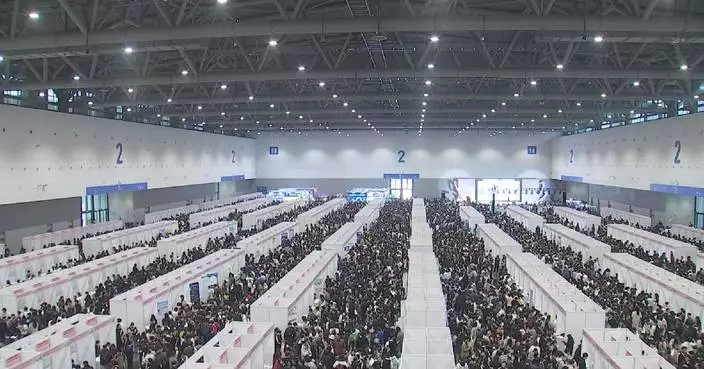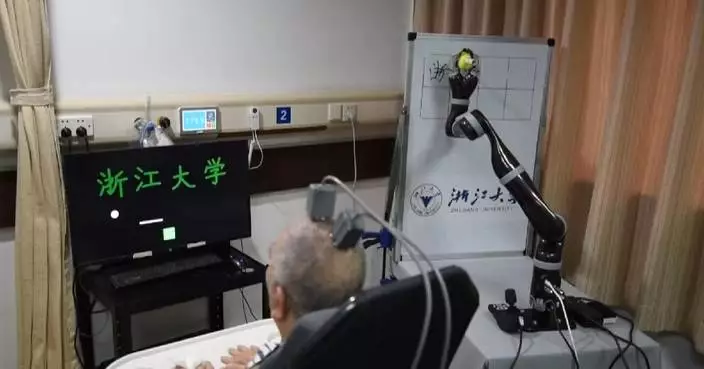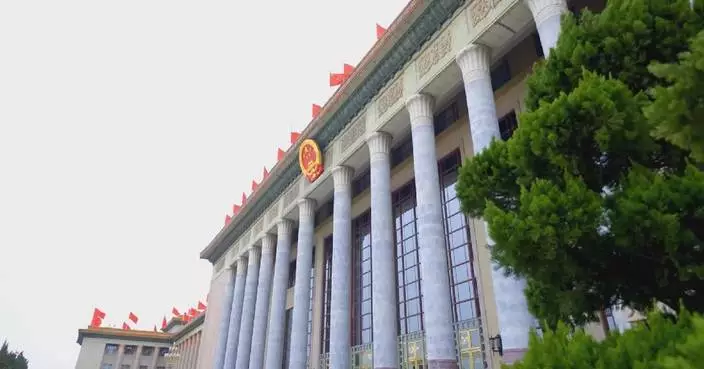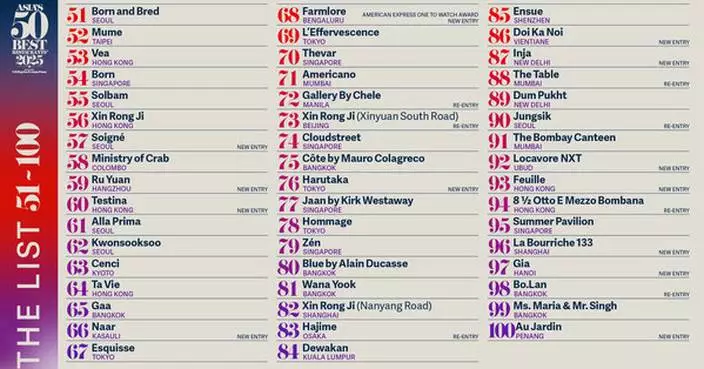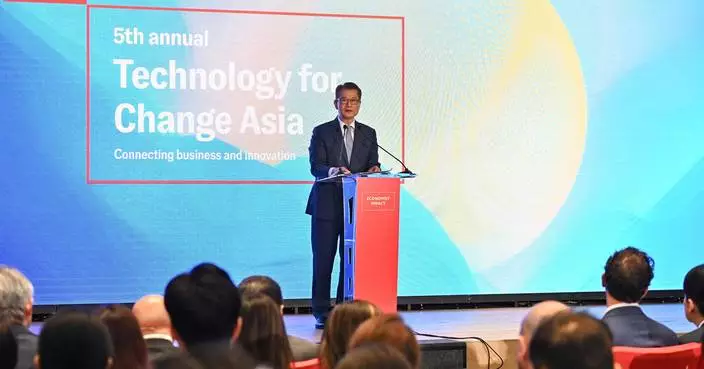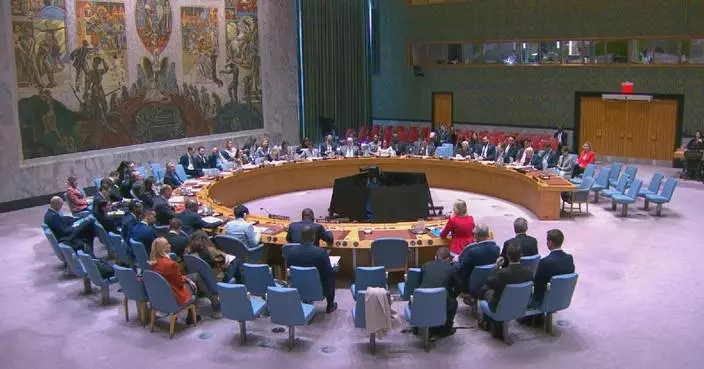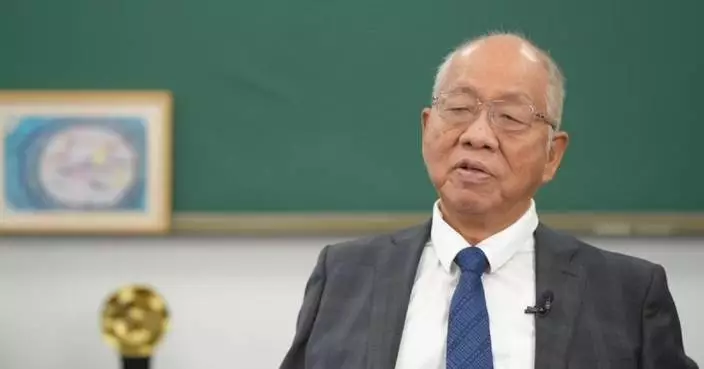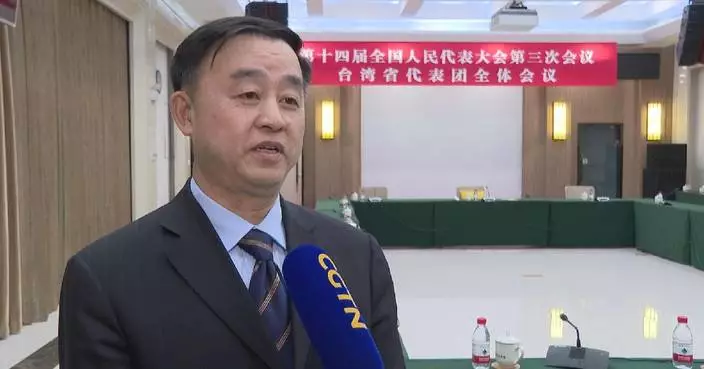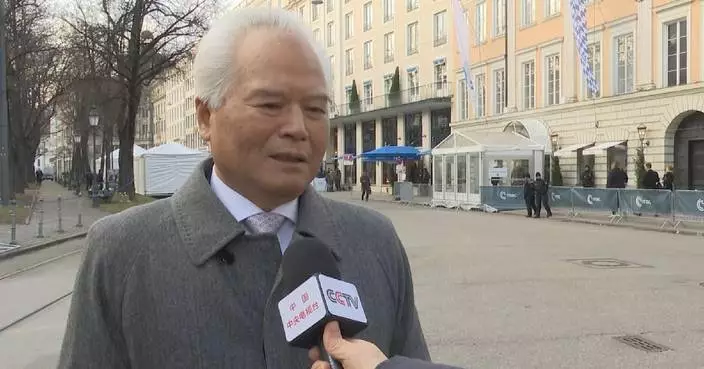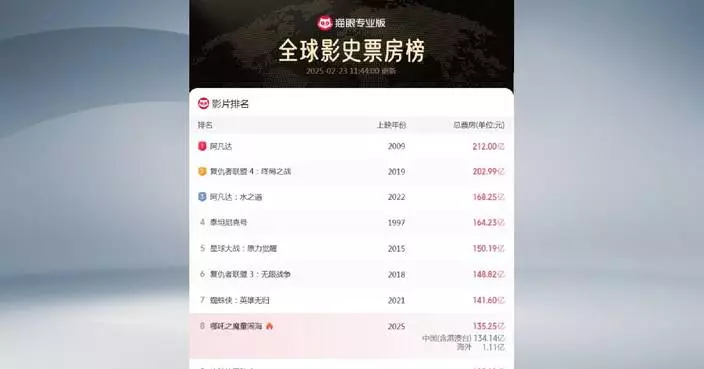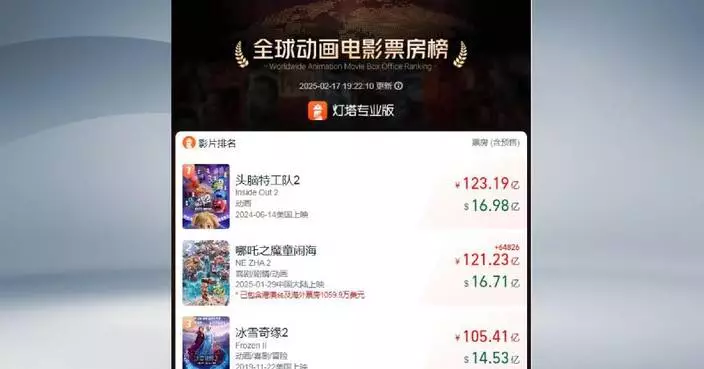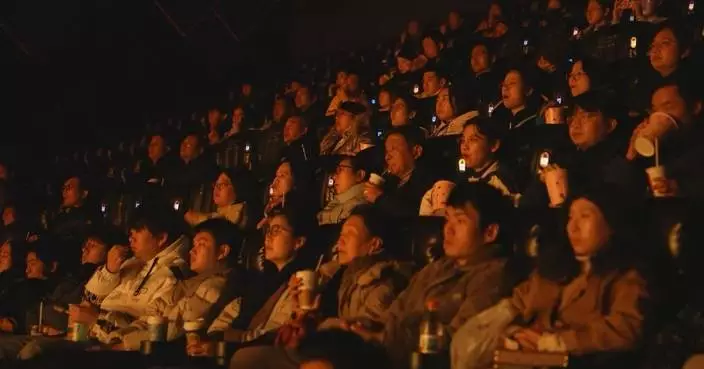The seventh China International Import Expo (CIIE) held in Shanghai has highlighted the growing cooperation between China and Africa, with South African attendees in particular expressing excitement for the opportunity to expand in the Chinese market.
The African product section at the CIIE, held from Nov. 5 to 10, expanded for the second consecutive year, reaching 225 square meters.
Meanwhile, the expo's Food and Agricultural Products Pavilion showcased a vibrant array of global delicacies, with African booths generating significant interest. The Rwandan exhibit drew crowds with a lively traditional dance performance.
The African delegation this year included first-time participants from countries like Benin, Madagascar, and Namibia. Notable products debuting at the expo included Tanzanian honey and special sugars from Mauritius.
Following their approval to enter the Chinese market, South African avocados made a splash as a star product. Vying for a direct connection with consumers, an online launch ceremony was held, enabling viewers to order the avocados directly to their homes.
"We've been waiting for this moment since the signing of the protocol last year. China has a very world renowned e-commerce sector that is very thriving. So we are very excited that finally it is here, and we are going to be seeing as South African avocados on the Chinese market," said Nomfundo Zulu, Deputy Consul General of South Africa in Shanghai.
At the African Goods exhibition, South African entrepreneur Kieran Steyn van Zyl introduced his new product, Rooibos Tea, to long lines of eager customers. This year, the product's tariff dropped from 30 percent to six percent, making imports more accessible. Seizing this opportunity, the young man expanded his booth from nine square meters to 36 square meters to attract more visitors. With the expo's growing prominence, he aims to transition from a single-product model to creating a platform for broader business opportunities. "When we attended the expo for the first time, we brought only two products. Now we have about six showcased here. We've learned that building a platform is more effective than focusing on a single product. We aim to serve as a bridge between China and Africa, and we've found that online promotion outperforms traditional methods," he said.
Many leading African enterprises have also thrived alongside the expo. Tiger Brands, a food and beverage company from South Africa, upgraded from a standard booth to a custom-designed space and plans to reserve an even larger exhibit for next year.
"This is my second time at CIIE, and I must say it's been fantastic. Last year I was so impressed. I couldn't believe it can be as big and as impressive. This year it's even better and it has been really, really positive for the brand and we've seen Ingrams (one of the company's products) really grow some consistent volumes since the last CIIE," said Hannes Nagel, international client director at the company.
South African officials came to booths from the country to participated in various activities and help promote sales of their products.
"We have country pavilion, we have another pavilion at the food side. We have five exporting councils from South Africa. We have different sectors from minerals with gas and oil exports, abalone exports. We have fresh produce," said Phuti J.Tsipa, Consul General of South Africa in Shanghai.
Tsipa highlighted that during the 2024 Summit of the Forum on China-Africa Cooperation held in September, agreements were signed between China and several African nations regarding agricultural imports. Moreover, China has extended zero-tariff treatment for 100 percent tariff lines to all the least developed countries, including 33 countries in Africa, that have established diplomatic relations with China, underscoring its commitment to opening its market to Africa.
"South Africa is the number one trading country with China in the entire Africa, and China is the number one trading country with South Africa globally. It means that there is more collaboration at a practical level between China and South Africa. And we have South African companies in the CIIE and outside the CIIE that we work together with to try and introduce them to the Chinese market, link them. We are quite grateful to the government of China for the opening up," said Tsipa.
The seventh CIIE, which runs from Tuesday to Sunday in Shanghai, has brought together 3,496 exhibitors from 129 countries and regions to showcase their products and technology this year.

South Africa leads growing China-Africa trade cooperation at 7th CIIE


